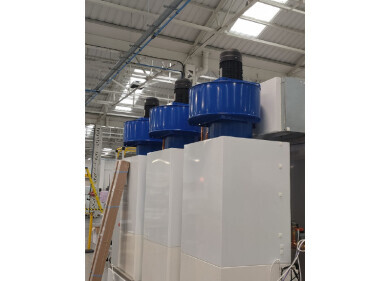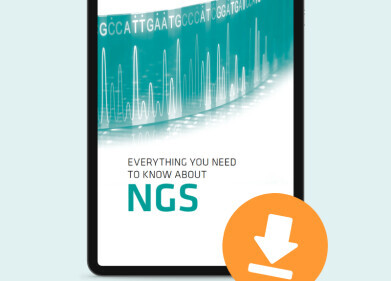Laboratory Products
Are Heartburn Pills Safe?
Jul 28 2017
Across the globe, millions of people rely on medication to manage the symptoms of heartburn. But according to the latest research, proton pump inhibitors (also known as PPIs) could increase the risk of death. Drawing on the medical records of middle-aged Americans covered by the US veterans healthcare system, the study reveals sinister new insight into the effects of the world’s favourite heartburn medication.
“We saw a small excess risk of dying that could be attributed to the PPI drug, and the risk increased the longer they took them,” comments Ziyad Al-Aly, an epidemiologist at the University of Washington and co-author of the study.
A sinister 25% link
Widely prescribed, PPIs actively neutralise the acid in the stomach to alleviate the symptoms of heartburn. Some pharmacies even offer low doses without the need for prescription. Until now PPIs have been considered a staple drug, but now researchers are warning that they could be linked to fatalities.
Over the course of five years researchers compared the medical records of PPI patients to a group receiving acid suppressants known as H2 blockers. Other factors like age, sex and health conditions were also factored in. The results were alarming, with the team finding that patients on PPIs could face a 25% higher risk of death than their H2 blocker counterparts. While in some cases PPIs can be incredibly helpful, Al-Aly maintains that those who take the drugs without needing to are most at risk.
“In patients on [H2 blocker] tablets, there were 3.3 deaths per 100 people over one year. In the PPI group, this figure was higher at 4.7 per 100 people per year,” explains Al-Aly.
The risks of PPI
This isn’t the first time PPIs have landed themselves in the spotlight, with previous research raising a host of concerns. In the past they’ve been linked to kidney disease, pneumonia and hip fractures, as well as C difficile, a fierce ‘superbug’ that can trigger life-threatening sepsis. This is the first study to link PPIs to an increased risk of death, and was published in the high profile journal, BMJ Open.
Despite the findings, the authors were quick to stress that at this stage the study is purely observational. This means that it simply suggests, rather than proves PPIs were the cause of the increased risk of death.
While animals often play a role in medical trials, they don’t always have to. In the UK, British based charity the Dr Hadwen Trust (DHT) is both promoting and funding a host of animal-replacement research activities. For a closer look at its efforts ‘Human Models for Human Disease: The Animal Replacement Centre of Excellence’ spotlights the brand new centre recently opened at the world renowned Blizard Institute.
Digital Edition
Lab Asia 31.2 April 2024
April 2024
In This Edition Chromatography Articles - Approaches to troubleshooting an SPE method for the analysis of oligonucleotides (pt i) - High-precision liquid flow processes demand full fluidic c...
View all digital editions
Events
Apr 22 2024 Marrakech, Morroco
Making Pharmaceuticals Exhibition & Conference
Apr 23 2024 Coventry, UK
Apr 23 2024 Kintex, South Korea
Apr 23 2024 Seoul, South Korea
Apr 24 2024 Jakarta, Indonesia

.jpg)






.jpg)









